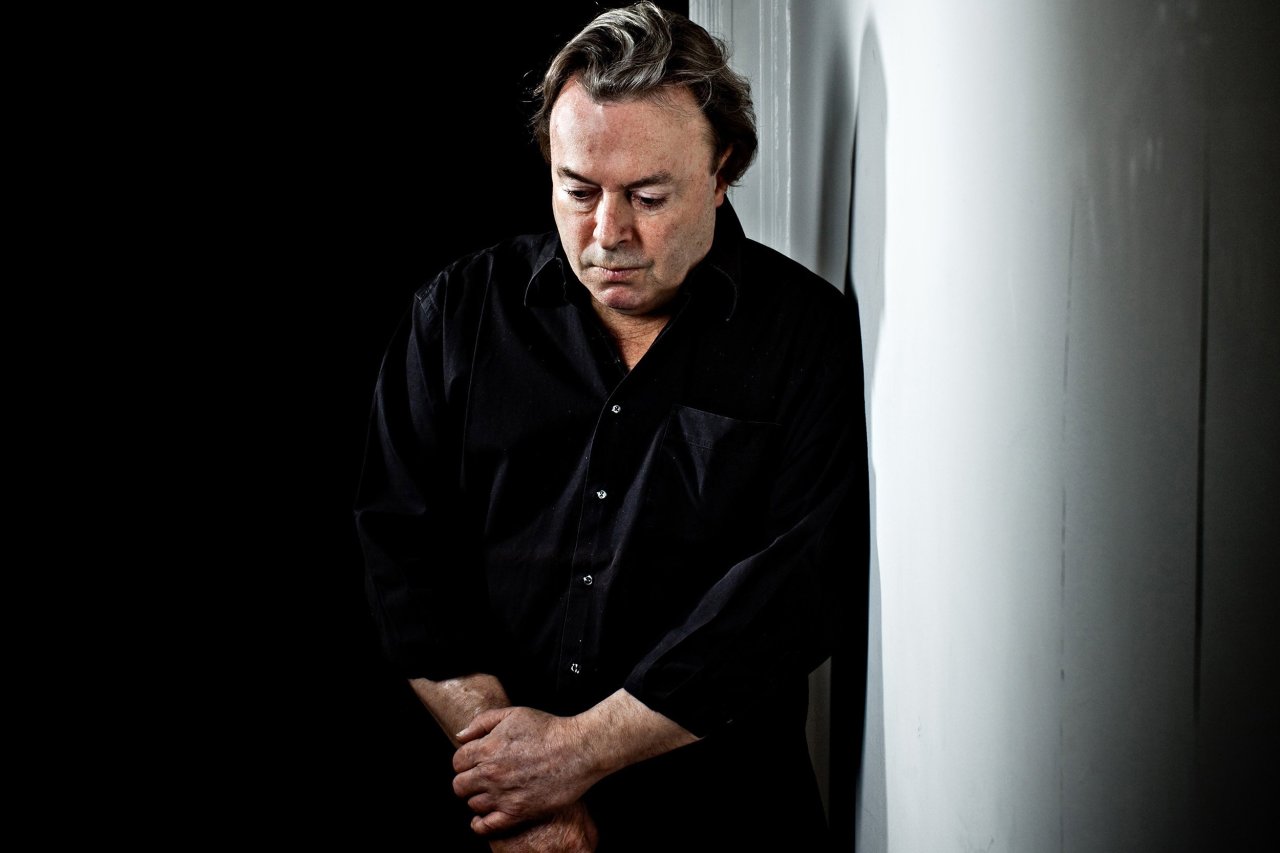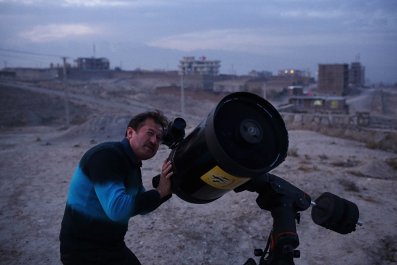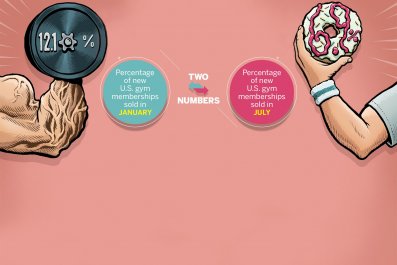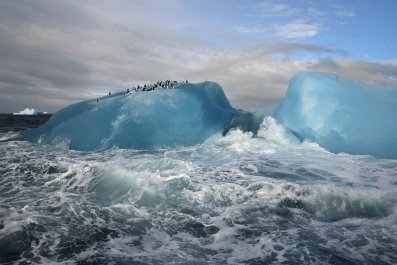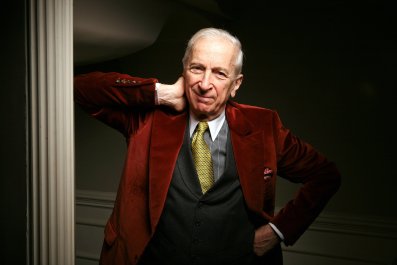What would Christopher Hitchens be writing about Syria, were he alive? A great partisan for the Kurds, he would doubtless be celebrating the emergence of a proto-Kurdish state in northern Iraq. A committed interventionist, he would likely support David Cameron, the British prime minister, and Britain's military campaign against the Islamic State militant group (ISIS). He would be scathing about U.S. President Barack Obama's lack of leadership, especially his failure to respond to the crossing of his "red line"—the use of chemical weapons by Bashar al-Assad's regime.
We can speculate, but tragically we will never know for sure. Hitchens, a British-born, award-winning columnist, essayist and polemicist, died in December 2011 of cancer. And Yet... is a collection of his later journalism, much of from Slate, The Atlantic and Vanity Fair. It includes several of his better-known works, such as essays on George Orwell, G.K. Chesterton and V.S. Naipaul, as well as more lighthearted material such as a three-part essay on his attempts to make a healthier and more handsome Hitchens, including a memorable account that sees him enduring a Brazilian wax.
Some of the news-based articles feel a little dated, but most of the collection is both impassioned and incisive, pointed and timely. As Hillary Clinton looks increasingly likely to win the Democratic nomination for president, Republican Party campaign strategists could usefully take a look at two articles. The first, "The Case Against Hillary Clinton," was published in Slate in January 2008. In the essay, Hitchens reminds us that when Clinton was introduced in Nepal to Edmund Hillary, the conqueror of Mount Everest, she claimed that her mother had named her after the famous mountaineer. Hitchens notes that Clinton was born in 1947. Hillary and his Sherpa partner Tenzing Norgay climbed Everest in 1953.
Clinton's staff admitted in 2006 that the claim was not true. Anyone can make a mistake, but Hitchens forensically dissects other examples of what he sees as Clinton's dissimulation. The result is not pretty.
Hitchens also excoriates Clinton for lying about a visit she made to Bosnia in 1996. Clinton claimed in 2008 that she and her daughter, Chelsea, had come under sniper fire after her plane landed in the city of Tuzla. The factual problem there: The war in Bosnia ended in 1995. Tuzla was tense, but news footage shows Clinton and her daughter walking calmly, without helmets or flak jackets. Clinton later said she made a mistake, but her mistake, Hitchens argues, was to conjure up a crude and easily disproved fantasy that surely still raises questions about her suitability for the White House.
Hitchens is strong on not just what happened but what might have happened. One of the most poignant pieces in the collection is an essay on Rosa Luxemburg, the German Marxist leader. Luxemburg stood for a more human and non-absolutist form of socialism than her contemporary Vladimir Lenin did. Unlike the Russian Bolshevik leader, she felt empathy for the suffering of others, whether men or animals, and was not afraid to show it.
Hitchens notes that she missed her cat while imprisoned and quotes his favorite of her letters. The missive to her lover Kostya Zetkin describes the suffering of a Romanian buffalo, used and abused by the German army. The bleeding animal "kept staring into the empty space in front of him with an expression on his black face and in his soft, black eyes like an abused child," while prisoners busied themselves and their cruel overlord smiled and whistled.
Luxemburg was murdered in 1919 by a member of the Freikorps, the extreme-right wing militia that prepared the ground for the rise of Nazism. Her corpse was thrown into the Landwehr canal in Berlin. Could she have led Germany in another direction, perhaps by constructing a form of socialism with a human rather than Bolshevik face? Hitchens asks. We will never know. Like Luxemburg, Hitchens left us too early, but his literary legacy, at least, lives on.



